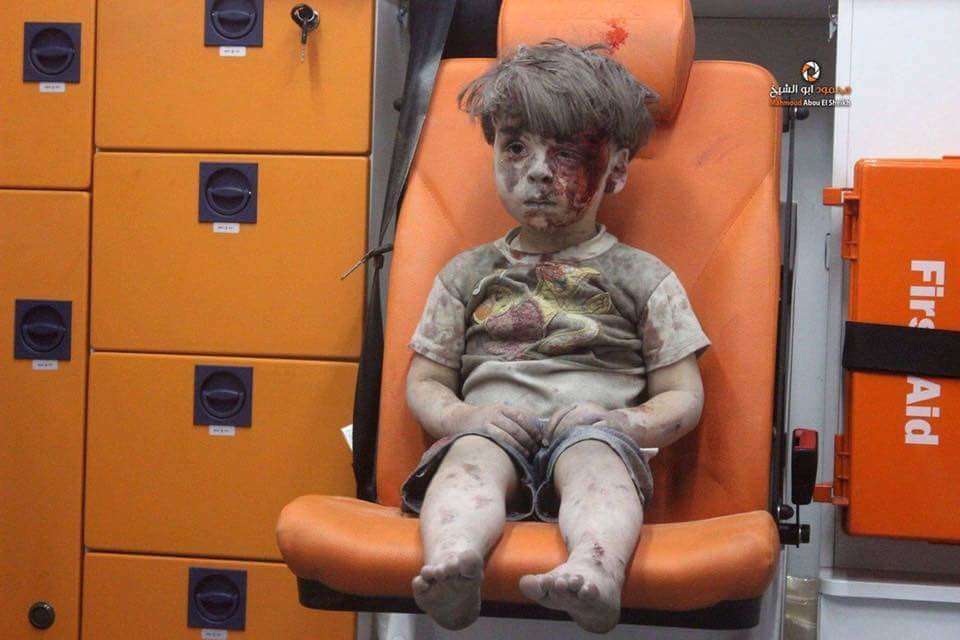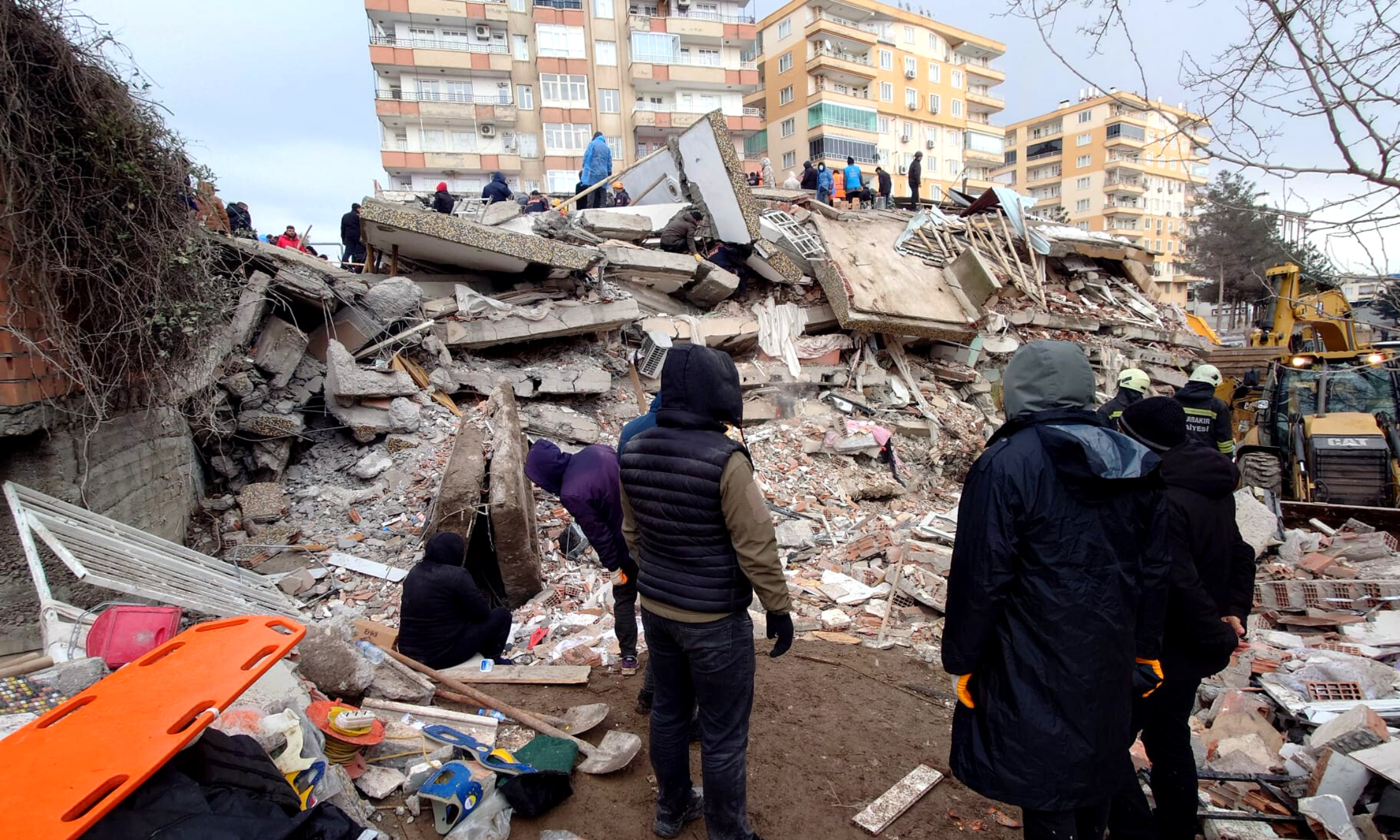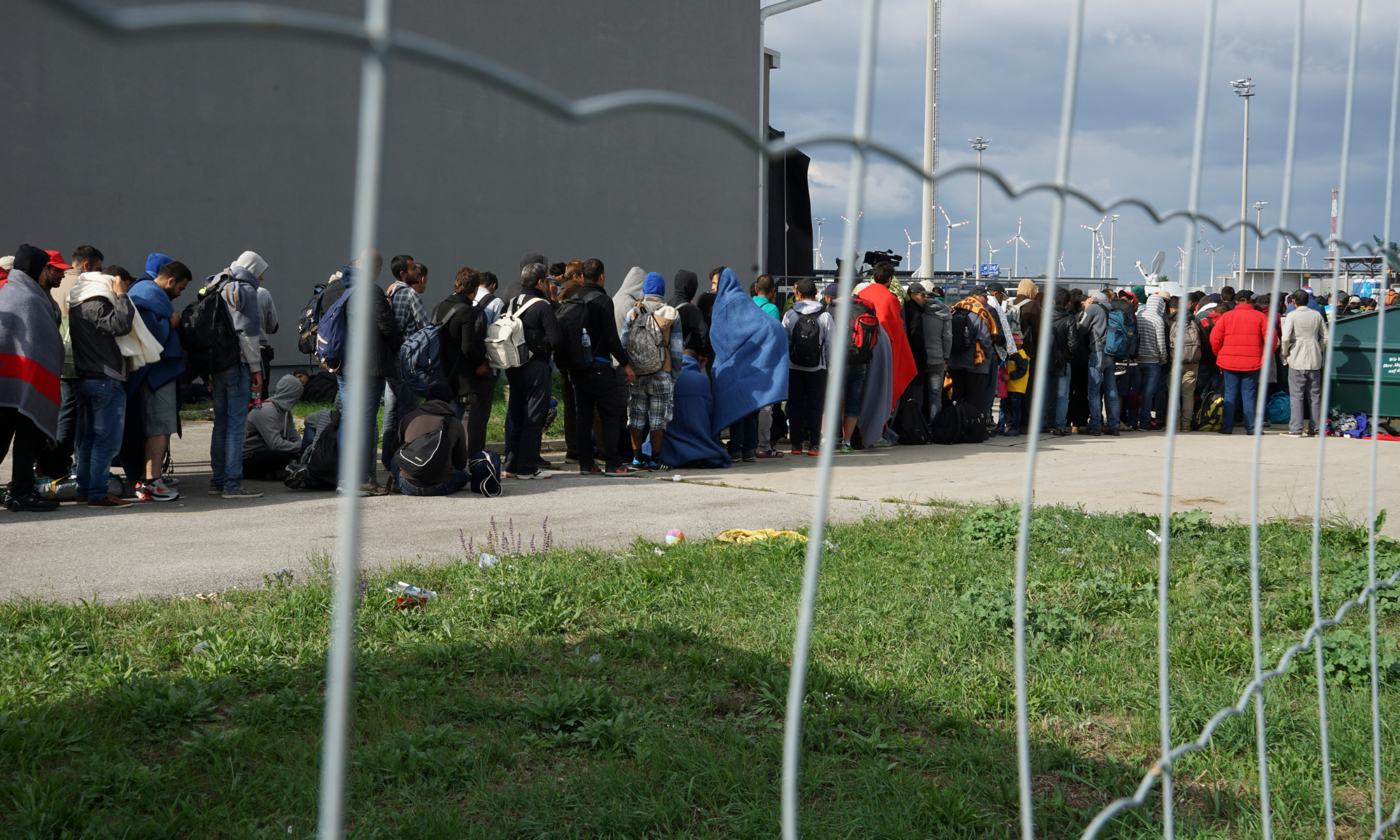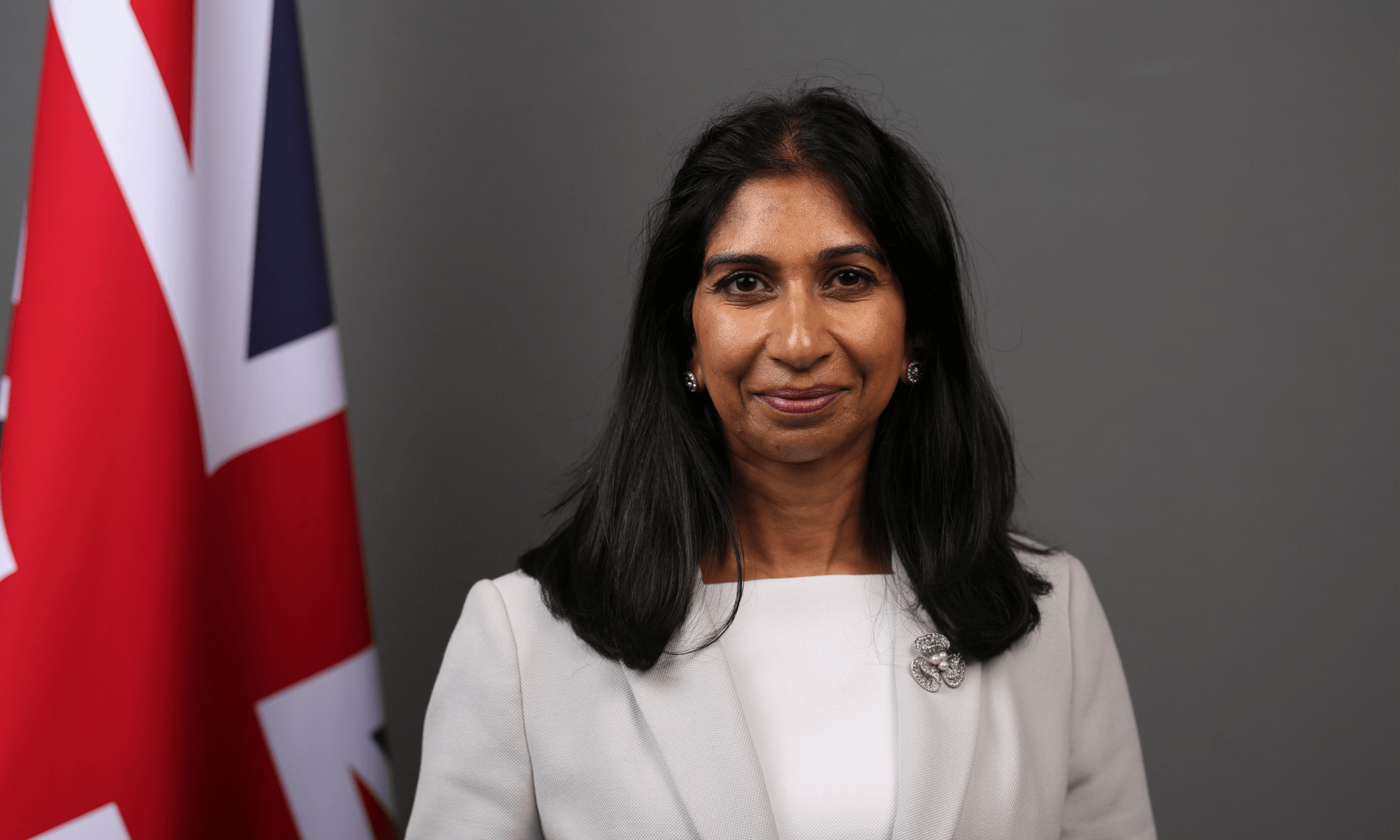
As anti-immigrant rhetoric rises refugees suffer – and we can see it all on social media
Kimberly McIntosh
07 Oct 2016
Social media has transformed how we consume news: war and tragedy has never felt so close, with YouTube videos direct from Aleppo and a live Twitter stream from a desperate seven-year-old calling for peace. Conflict is now more visible than ever. But it’s equally distant; resting uneasily between a video of baby pandas and a Buzzfeed quiz. My morning routine is often the same: scroll down Facebook, watch an AJ+ video about the refugee crisis, cry, and then go to work feeling powerless.
It’s these images that drove me to volunteer in Calais for four days in June. The blur of the warehouse, teaching English in the camp and being quizzed on Brexit happened quickly. I tried to explain I wasn’t, and had never been a refugee, as a man begged me to tell him how I got my papers with panicked desperation. Then, I was back home – celebrating a friend’s new job with champagne. I got in the shower and cried. A week later I was back at work and my life had moved on. But for many in the Calais, it had not.
A shocking image, like that of five-year-old Omar Daqneesh being pulled from rubble in Alepp0, can disrupt the narrative for a singular news cycle, but it seems that in Britain humanity can trump fear only for a finite time. Imagery and the ever-closer connection to suffering has not translated into significant, tangible change. And whose life deserves empathy and coverage is a complex one.
Home Secretary Amber Rudd’s announcement this week of her plan to require British businesses to list the names of their non-British staff makes it clear that anti-immigrant feeling remains unchanged. Concern over immigrants, whether refugees or economic migrants, consistently tops IPSOS MORI’s poll of “issues facing Britain today” every month. This leaves little hope for unaccompanied children with family in the UK still waiting in Calais at risk of trafficking. This risk is only heightened with the Calais refugee camp set for demolition, exacerbating mental health issues for the vulnerable children. This week, Amnesty International also revealed that Britain has only taken a shameful 8,000 Syrian refugees since 2011. Jordan has taken 655,000.
Whose lives matter?
Another problem that has been highlighted in media coverage is the heirarchy of migrancy. As put by Ismail Einashe in the International Business Times: “There is now a migrant league table, with Syrians at the top, and Africans at the bottom.”
In a conversation I had by St James’ Park, my companion actually said: “I sympathise more with Syrian refugees because they’re middle class – like me.” The middle classes do not deserve tragedy, it assumes – the poor are used to such experiences; anticipate and expect them. Ironically, most refugees that make it to Europe are, in fact, the wealthiest – as they have the resources to fund the journey. But it raises important questions: whose lives deserve to be saved? And are some more valuable than others?
Only the stories of suffering children tend to be emotive enough to evoke empathy from every front page. Men however, particularly black and brown men, are seen as potential threats to national security, the welfare state or the labour market. And what have you seen recently on your news feed about Eritrea, Libya or Yemen? Social media can make us feel closer to some conflicts and tragedies but conceals others.
Do African lives matter less in Europe than Syrian ones? Conflict seems to justify movement in the public consciousness, if only for a moment – but poverty no longer qualifies. To me, there is little difference: suffering is suffering. But does anyone’s life matter enough for public opinion to change? The scale of horror that will tip the balance in favour of reform is uncertain, but we can guarantee thousands will suffer whilst we wait.
Donate: Care4Calais, Unicef, Oxfam Yemen, Era UK










